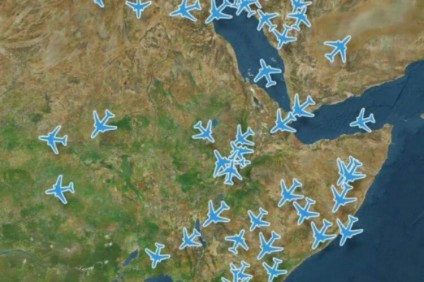According to The International Ecotourism Society, ecotourism is, ‘Responsible travel to natural areas that conserves the environment and improves the well-being of local people’.
Ecotourism Australia defines the term as ‘Ecologically sustainable tourism with a primary focus on experiencing natural areas that fosters environmental and cultural understanding, appreciation and conservation’.
At Ecotourism Kenya, Ecotourism is known as ‘nature and culture based tourism that invests in and supports the protection of the environment, respects local cultures and involves local communities to ensure equity amongst all stakeholders’.
So what really is Ecotourism?
It is actually all of the above. The underlying words are ‘responsible tourism’ and ‘local cultures’. It brings together conservation, communities and tourism.
Ecotourism as a concept has been greatly misunderstood and misused world over. It has been used to mean ‘green destinations’, and in some extreme instances ‘economic tourism’. Perhaps the most common error is the perception of it as an object, or place. It isn’t. It is a ‘means’ to more benefits from the environment accruing from responsible tourism practices.
Tourism as a sector contributes immensely to the economies of the East African economies. In Kenya for example, it caters in most cases for up to 20% of the GDP. It is a sector that we cannot do without.
Principles governing Ecotourism
Environmental Protection:
Practices that promote environmental protection are a key principle.
According to the Webster dictionary, Environment is the surroundings or conditions in which a person, animal, or plant lives or operates.
It is what determines the nature of the biodiversity in a region. The giraffe would fair miserably in the glaciers of Alaska but so will the polar bear in the grasslands of the Mara.
The environment has a natural way of rejuvenating itself. That is one reason that there will be wild fires then rains immediately thereafter to grow fresh shoots.
Unfortunately, we take from the environment faster than it can revamp itself. In addition, what we give back are carbons, toxic from our sewers and all kinds of chemicals from factory wastes. This harmful generosity from us not only slows the environment’s ability to refresh itself but adds to the actual degradation.
It is for this reason that Ecotourism Kenya gives certification in its ecorating scheme to tourist facilities that are practicing activities that support the conservation of the environment.
Protection and promotion of local cultures:
Once again, tourism relies heavily on its immediate environment. A part of that environment is the community within which the tourism facility plies its trade.
Article Source: http://EzineArticles.com/6492201






comments (0)